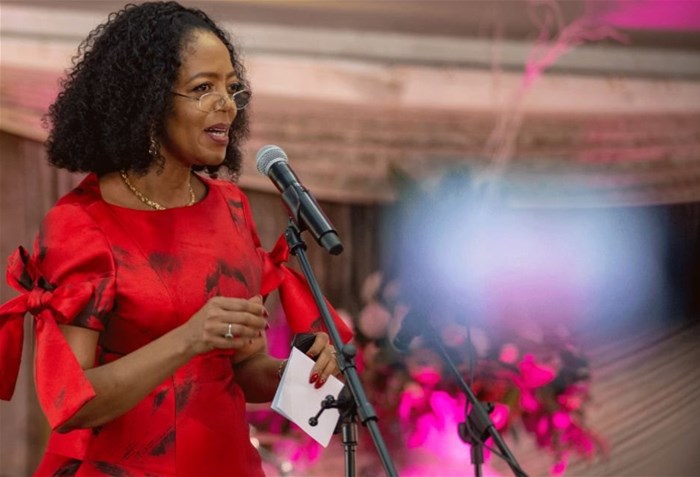






The Female Academic Leaders Fellowship (FALF) is the brainchild of the Wits Chancellor and leading businesswoman Dr Judy Dlamini. The FALF targets African and coloured women in academia who are underrepresented in high structures of knowledge production and leadership.
Dlamini has expressed disappointment at the national figures adding that: "The proportion of women graduates, in South Africa, has increased over the past 20 years, making up 60% of graduates at junior and honours level; at Masters level the proportion has increased to 44.6% and at Doctorate level to 58.2% enrolment. In spite of these positive changes, women in leadership within institutions of higher learning are still underrepresented in South Africa."
"Our research showed that it is not all women that are missing from leadership positions. White and Indian women are doing better than their national demographic proportion. However, South African-African and coloured women do not have a seat at the table yet. That is the area that FALF seeks to address, assisted by the Wits executive.
"Women need to be given the opportunity and supported to be the leaders that we were meant to be – we will continue to suffer deficits in female leadership," Dlamini said.
The first FALF cohort consists of 30 black and coloured women from a range of disciplines and Faculties. The fellowship has received about 500, 000 in funding from various donors and will need more to achieve its objectives.
Dr Bernadette Johnson, director of the Transformation and Employment Equity Office at Wits, has applauded the initiative.
"The University has invested over the past 15 years millions into building the talent pipeline. FALF provides an amazing opportunity to take this to the next level. Its focus is on the progression from senior lecturer to associate to professor. This progression is a national challenge as well as the leadership challenge.
"To get more women into leadership will be phenomenal; and to do it in a way that enables women to get exposure to leadership training programmes as they build their academic career simultaneously means that you shorten the length of the pipeline to executive leadership."

